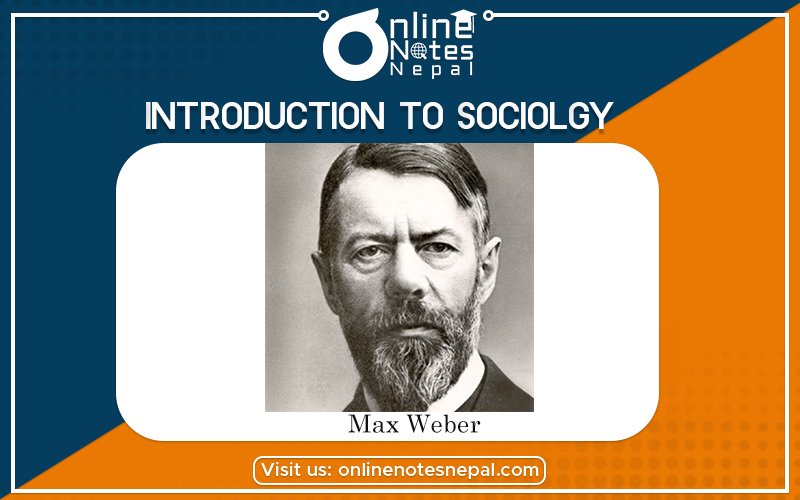Published by: sadikshya
Published date: 30 May 2021

Biography of Max Weber on brief:
Max Weber, a renowned thinker, voracious reader, profound scholar, prolific writer, an innovative and critical persona of his time. He was born in 1864 in Germany. He represents the middle class bureaucratic politically aware family.
He lived most of his early life in Berlin. He studied the law in Heidelberg and Berlin University. During his academia, he studied law, economics, history, political science, theology and, philosophy in detail.
His major books are:
As a renaissance scholar, he was highly influenced by Plato and Emmanuel Kant in particular and the rest of the world pioneer renaissance scholars in general. He was highly interested in religion, political power, research methodology, and economic activities.
Descriptions about his book:
1. Weber’s book entitled ‘Theory of Bureaucracy’ has projected the importance of government machinery. It is a particular system of administration. It has been associated with the rule of government and governmental officials. It is a type of hierarchical organization which is designed rationally in order to coordinate the work of many individuals in the pursuit of large scale administrative task. As he argues bureaucrats are organized according to rational principles, officials are ranked in a hierarchical order and operations are characterized by impersonal rules.
Characteristics of the Theory of Bureaucracy
Functions of Theory of Bureaucracy
Weber believed in a more formalized, rigid structure of an organization called bureaucracy. Examples; in the context of Nepal, PSC(Public Service Commission) or ‘Lok Sewa ayog’.
2. His book entitled ‘Protestant Ethic and the Spirit of Capitalism’ have depicted that there is a close relationship between religion and economy. He clearly indicates that there is a close relationship between religious beliefs and economic activities. In order to address the research question, he intensively did the comparative research in Protestants and Catholics and found that Protestants are comparatively well to do rather than Catholics.
His sociological work on power has given a vivid perspective. According to him, there are three types of power in society. They are:
Traditional power is still applied in traditional society in the field of politics. Mukhiya system among tribal, kingship systems in politics and religious-based activities are operated within a traditional power system.
Similarly, Charismatic power is exercised by charismatic persona by showing his charismatic leadership and vision in politics as B.P Koirala showed his elevated personality during democratic movement.
Legal power is legitimized with the consent of citizens and is exercised within the premises of law or within a constitutional framework.